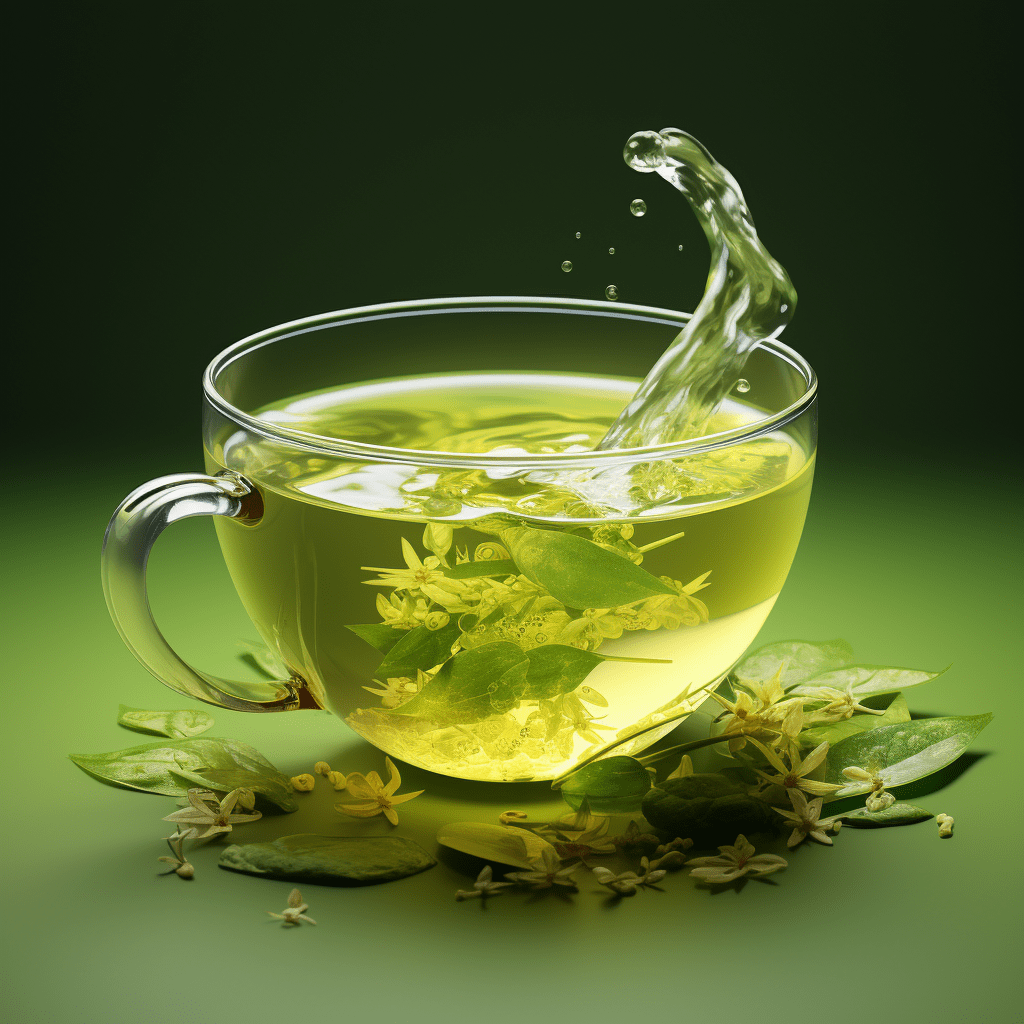Assam Tea: A Taste of Tranquility
Assam tea, renowned for its full-bodied flavor and malty aroma, has captivated tea enthusiasts worldwide. Originating from the lush Brahmaputra Valley in northeastern India, this exceptional brew has a rich history, diverse variations, and profound cultural significance.
Historical Origins: A Journey Through Time
The origins of Assam tea can be traced back to the 19th century when British planters discovered wild tea trees growing in Upper Assam. Recognizing the potential of this indigenous plant, they established tea gardens and began cultivating Assam tea commercially. By the late 1800s, Assam had become a major tea-producing region, supplying the growing global demand for this beloved beverage.
The Brahmaputra Valley: Nurturing the Tea Gardens
The Brahmaputra Valley provides an ideal environment for Assam tea cultivation. With abundant rainfall, fertile soil, and subtropical temperatures, the valley creates the perfect conditions for the tea plants to flourish. The Brahmaputra River, a lifeline for the region, provides the necessary water for irrigation and contributes to the unique flavor profile of Assam tea.
Cultivation and Harvesting: A Labor of Love
Assam tea is meticulously cultivated and harvested to preserve its exceptional quality. The tea bushes are carefully tended to ensure optimal growth and yield. Harvesting is done by hand, with skilled tea pluckers selecting only the finest two leaves and a bud from each plant. This selective harvesting ensures that the tea retains its full flavor and aroma.
Variations of Assam Tea: A Spectrum of Flavors
Assam tea is available in a variety of forms, each with its own distinct flavor profile. Some popular variations include:
- Orthodox Assam: Traditional black tea with a rich, malty flavor and a bold amber color.
- CTC Assam: A more robust black tea with a stronger brew and a bright orange-red color.
- Green Assam: A delicate green tea with a light, grassy flavor and a refreshing aroma.
These variations cater to a wide range of preferences, making Assam tea a versatile choice for tea lovers around the world.
6. The Perfect Brew: Unveiling the Essence
To fully appreciate the exquisite flavors of Assam tea, it is essential to master the art of brewing. The perfect cup of Assam tea begins with fresh, cold water brought to a rolling boil. Once the water reaches the boiling point, it should be poured over the tea leaves and steeped for an optimal time of 3-5 minutes. This steeping process allows the tea leaves to release their full flavor and aroma. For a stronger brew, the steeping time can be extended, while a lighter brew can be achieved with a shorter steeping time.
7. Health Benefits: A Tea for Well-being
Beyond its captivating taste, Assam tea offers a range of health benefits. Rich in antioxidants, Assam tea helps protect against free radical damage and contributes to overall well-being. It contains caffeine, which can provide a gentle boost of energy, and theanine, an amino acid that promotes relaxation and reduces stress. Additionally, Assam tea has been linked to improved digestion, reduced inflammation, and a lower risk of certain chronic diseases.
8. Social and Cultural Significance: A Tapestry of Tradition
In the Brahmaputra Valley, tea is more than just a beverage; it is an integral part of the local culture and economy. Tea gardens provide employment opportunities and support local communities. The harvesting and brewing of tea are often accompanied by traditional rituals and festivities, showcasing the deep-rooted connection between Assam tea and the region's heritage. Tea plays a significant role in social gatherings, offering a warm and convivial atmosphere for friends and families to connect.
9. Sustainability: Preserving the Heritage
The sustainability of the Assam tea industry is crucial for the preservation of its unique heritage and exceptional quality. Sustainable farming practices are being adopted to ensure the long-term health of the tea gardens and minimize environmental impact. These practices include reducing chemical usage, promoting biodiversity, and implementing water conservation measures. Ethical sourcing and fair trade practices also play a vital role in supporting the livelihoods of tea workers and their communities.
10. Experiencing Assam Tea: A Ritual of Tranquility
Immersing yourself in the world of Assam tea is a transformative experience that offers a moment of tranquility and rejuvenation. Whether savoring a cup of freshly brewed Assam tea in the tranquility of your home, visiting the tea gardens in the picturesque Brahmaputra Valley, or participating in traditional tea ceremonies, the essence of Assam tea invites you to embrace a slower pace and connect with your senses. Its rich flavors, cultural heritage, and health benefits make Assam tea a true gift for tea lovers and a beacon of tranquility in today's fast-paced world.
Frequently Asked Questions (FAQs)
1. What is the difference between orthodox and CTC Assam tea?
Orthodox Assam tea is processed using the traditional method of rolling and drying, resulting in whole tea leaves with a rich, malty flavor. CTC (Crush, Tear, Curl) Assam tea is processed using machines to produce smaller, broken leaves that yield a stronger brew with a brighter color.
2. What is the ideal steeping time for Assam tea?
For optimal flavor and aroma, Assam tea should be steeped for 3-5 minutes in boiling water. Longer steeping times can result in a stronger brew, while shorter steeping times yield a lighter brew.
3. Does Assam tea contain caffeine?
Yes, Assam tea contains caffeine, which provides a gentle boost of energy. The caffeine content varies depending on the specific type of Assam tea and the brewing method.
4. What are the health benefits of Assam tea?
Assam tea is rich in antioxidants, which protect against free radical damage and promote well-being. It also contains caffeine and theanine, which provide energy and promote relaxation, respectively. Additionally, Assam tea has been linked to improved digestion, reduced inflammation, and a lower risk of certain chronic diseases.
5. How can I support sustainable Assam tea production?
Look for Assam tea that is ethically sourced and produced using sustainable farming practices. Support fair trade initiatives that ensure fair wages and working conditions for tea workers and their communities. By making conscious purchasing decisions, you can contribute to the preservation of the Assam tea heritage and the well-being of those involved in its production.


